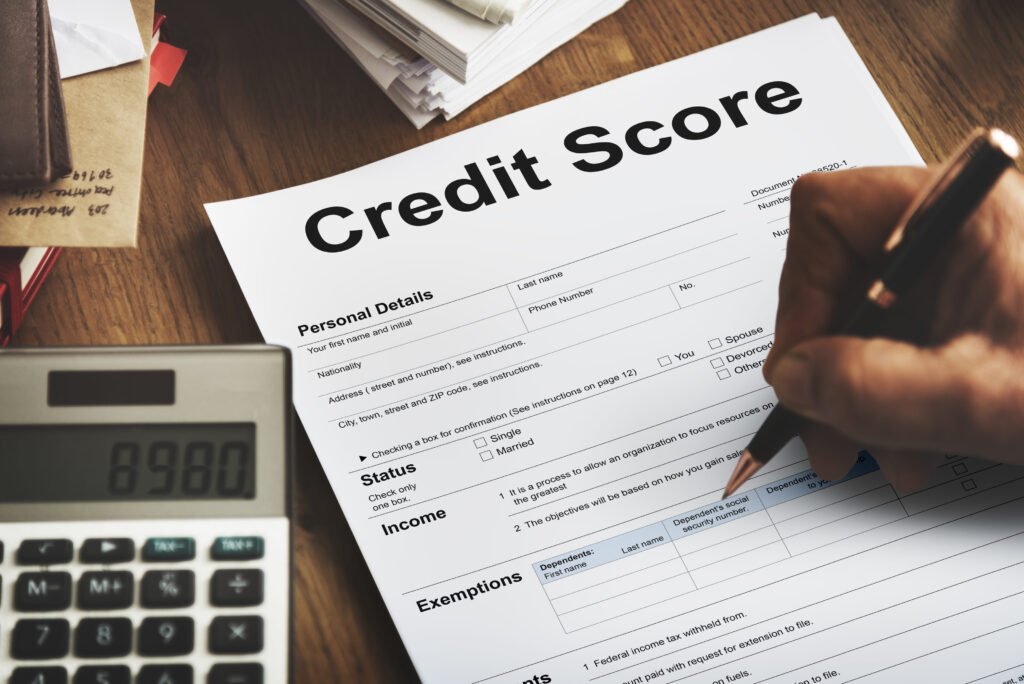Did you know your credit score can make or break your chances of buying a house? It not only determines whether you’ll qualify for a mortgage but also affects the interest rate and terms of your loan.
For instance, a difference of just 100 points in your credit score could result in a significant change in your mortgage interest rate and overall costs. This blog will explain what good credit score to buy a house, the different loan options available, and provide tips on how to improve your credit score.
Understanding this information is important for anyone looking to buy a home.
How do Credit Scores work?
A credit score is a numerical representation of your creditworthiness. A credit score to buy a home ranges from 300 to 850. It is calculated based on several factors:
- Payment History: 35% of your score is based on your history of making on-time payments.
- Credit Utilization: 30% is based on the amount of credit you’re using compared to your total credit limits.
- Length of Credit History: 15% reflects how long you’ve had credit accounts open.
- New Credit: 10% is influenced by recent credit inquiries and new accounts.
- Credit Mix: 10% is based on the variety of credit accounts you have, such as credit cards, mortgages, and installment loans.
Why do Credit Scores Matter in Home Buying?
Your credit score plays a vital role in determining your eligibility for a mortgage. Understanding the lowest credit score to buy a house is important, as a higher score typically means you’re seen as a lower-risk borrower, leading to several significant benefits.
- Better Interest Rates: Higher credit scores lead to lower interest rates, saving you money.
- Loan Approval: Good credit scores improve your chances of mortgage approval.
- Loan Terms: Higher scores can result in better loan terms, including lower down payments and fewer fees.
- Higher Loan Limits: A higher credit score can enable you to qualify for a larger loan amount.
- Faster Loan Approval Process: High credit scores can lead to a quicker and smoother loan approval process.
- Access to More Loan Products: A high credit score can provide access to a wider range of mortgage products with more flexible terms.
What Credit Score Needed to Buy a House?
The best credit score to buy a house varies depending on the mortgage type you seek. Here’s a detailed breakdown of the minimum credit scores required for different types of loans, along with some information about each loan type.
Conventional Mortgages
These loans typically require a minimum credit score of 620. These loans are not backed by the government and are ideal for borrowers with good to excellent credit. Conventional loans offer competitive interest rates and flexible terms, but they come with stricter credit requirements compared to government-backed loans. Borrowers often need to pay private mortgage insurance (PMI) if their down payment is less than 20%.
Federal Housing Administration Loans
FHA Loans have a minimum credit score requirement of 500 with a 10% down payment or 580 with a 3.5% down payment. These loans are insured by the Federal Housing Administration and are designed to help first-time homebuyers or those with lower credit scores. FHA loans have more lenient credit requirements and lower down payments, making them accessible to a wider range of buyers. However, borrowers are required to pay mortgage insurance premiums (MIP).
Veterans Affairs Loans
VA Loans are available to veterans, active-duty service members, and eligible surviving spouses. While the VA does not require an official minimum credit score, most lenders look for a score of around 620. These loans are guaranteed by the Department of Veterans Affairs, allowing for benefits like no down payment and no private mortgage insurance (PMI). VA loans often come with competitive interest rates and more lenient credit requirements.
United States Department of Agriculture Loans
USDA Loans typically require a minimum credit score of 640. These loans are intended for rural homebuyers and offer 100% financing for eligible applicants, meaning no down payment is required. USDA loans are backed by the United States Department of Agriculture and are aimed at low- to moderate-income borrowers in eligible rural areas. They also come with lower mortgage insurance costs compared to FHA loans.
Jumbo Loans
These loans are a type of nonconforming mortgage loan that typically requires a minimum credit score of 700. These loans are for loan amounts that exceed the conforming loan limits set by the Federal Housing Finance Agency (FHFA). Because of the higher loan amounts, jumbo loans carry more risk for lenders and thus have stricter credit requirements and often higher interest rates.
Improving Your Credit Score
Improving your credit score takes time, but it’s important for securing better mortgage terms. Here are some actions to help boost your score:
- Pay Bills on Time: Your payment history significantly impacts your score. Setting up automatic payments ensures you never miss a due date. Consistently paying your bills on time shows lenders that you are reliable.
- Reduce Debt: Lowering your credit card balances improves your credit utilization ratio, which is the amount of credit you’re using compared to your total credit limits. Aim to keep your utilization below 30%.
- Check for Errors: Regularly review your credit report for inaccuracies and dispute any errors you find. Errors can negatively impact your score, so it’s important to correct them promptly.
- Avoid New Credit: Limit the number of new credit applications, as too many inquiries can lower your score. Each new credit inquiry can reduce your score slightly, so only apply for new credit when necessary.
- Keep Old Accounts Open: Lengthening your credit history by keeping older accounts open and active can boost your score. The length of your credit history accounts for a portion of your score, and older accounts can positively impact it.
Think Beyond Just the Loan Terms
Your credit score for buying a house is a key factor in determining your mortgage approval and loan terms. And with that, knowing the credit score for home loan eligibility is essential for securing the best possible terms. Improving your credit score and understanding the requirements for different mortgage types will help you make smarter financial decisions.
Consulting a mortgage advisor can offer personalized guidance to help you maximize benefits and minimize liabilities. For more details on how we can support you through the home-buying process, visit our real estate agent in Westport, CT, and beyond
Beyond helping you understand your credit score and its role in buying a home, we offer specialized services. If you are interested in Darien, CT, houses for sale or are exploring Stamford real estate, we’re here to help.
Frequently Asked Questions (FAQ)
Q1. What minimum credit score is required to qualify for a mortgage in Connecticut?
The minimum credit score required for a mortgage in Connecticut varies by loan type. For a conventional loan, most lenders require a score of at least 620. For an FHA loan, a borrower may qualify with a credit score as low as 500 with a 10% down payment, or 580 with a 3.5% down payment. For VA loans, while the Department of Veterans Affairs does not set a minimum credit score, many lenders require a score of at least 550 to 620.
Q2. Are there CT-based programs that help residents with lower credit scores purchase a home?
Yes, the Connecticut Housing Finance Authority (CHFA) offers several programs to assist homebuyers, including those with lower credit scores. CHFA itself does not have a set minimum credit score, but applicants must meet the requirements of the loan insurer (e.g., FHA, VA). Programs like the Homebuyer Mortgage Program, HFA Advantage, and HFA Preferred Loan Programs can provide below-market interest rates and down payment assistance.
Q3. Do local Connecticut lenders accept lower credit scores for FHA or VA loans?
Yes, some Connecticut lenders may accept lower credit scores for FHA and VA loans. The FHA program allows for credit scores as low as 500 with a larger down payment. For VA loans, some lenders in Connecticut, such as Freedom Mortgage, may accept scores as low as 550. However, individual lender requirements can vary, so it is important to shop around.
Q4.Does Connecticut have stricter lender requirements than the national averages?
Lender requirements in Connecticut are generally in line with national averages. The median credit score for mortgage borrowers in the U.S. is around 770, but this is not a requirement to buy a home. The minimum credit score requirements for conventional, FHA, and VA loans in Connecticut are consistent with what is seen nationwide.
Q5. How can aspiring homebuyers in CT improve their credit quickly?
Aspiring homebuyers in Connecticut can improve their credit scores by focusing on several key areas. Making all payments on time is the most important factor, as late payments can lower your score. Keeping your credit card balances low, ideally below 30% of your credit limit, and avoiding opening new credit accounts can also help. It is also recommended to review your credit report for any errors and dispute them if necessary.
Q6. How much does a higher credit score help reduce mortgage rates in CT?
A higher credit score can significantly reduce mortgage rates in Connecticut. Lenders view a higher credit score as an indicator of lower risk, and therefore offer more favorable interest rates. While the exact reduction varies, even a small difference in the interest rate can lead to substantial savings over the life of a 30-year mortgage.
Q7. What credit score range is recommended for conventional home loans in CT?
For conventional home loans in Connecticut, a credit score of 620 is typically the minimum required. However, to secure the most favorable interest rates and terms, a credit score of 740 or higher is generally recommended. A higher score demonstrates to lenders that you are a reliable borrower, which can lead to a lower down payment requirement and better loan options.




